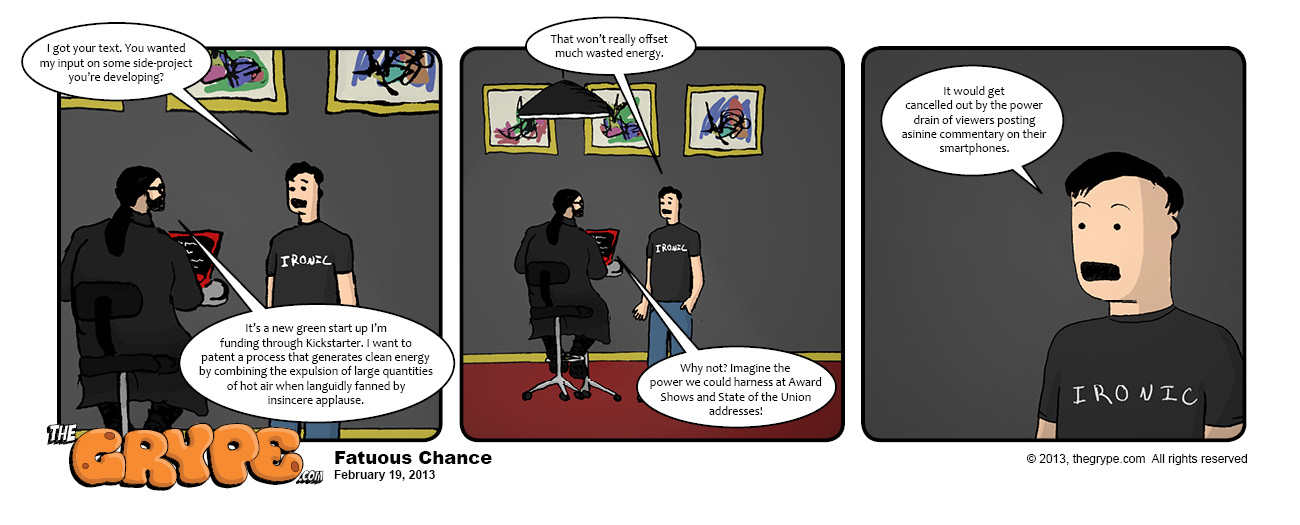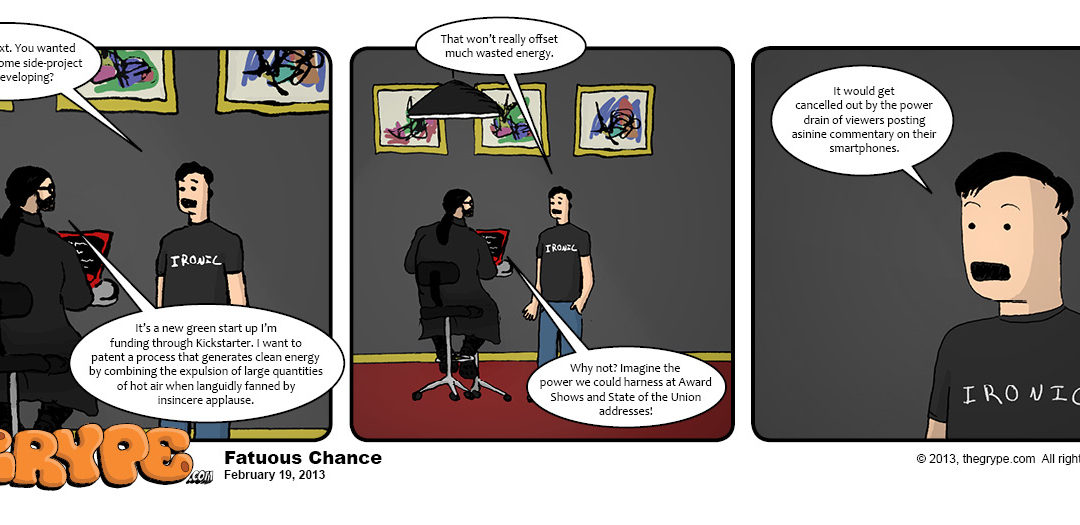 TThe corporate juggernaut rolls on. As I pen these words, the Supreme Court of the United States adjudicates the case of a 75-year-old Indiana farmer, Vernon Bowman, in a legal dispute against the world’s largest seed company, The Umbrella Corporation— whoops! Sorry, I meant Monsanto — to decide whether or not that company can enforce a legal patent over a big chunk of the lifecycle of our planet.
TThe corporate juggernaut rolls on. As I pen these words, the Supreme Court of the United States adjudicates the case of a 75-year-old Indiana farmer, Vernon Bowman, in a legal dispute against the world’s largest seed company, The Umbrella Corporation— whoops! Sorry, I meant Monsanto — to decide whether or not that company can enforce a legal patent over a big chunk of the lifecycle of our planet.
Monsanto has invested a fortune creating genetically-modified seeds immune to Monsanto-made (ALSO patented) pesticides, because their business model includes badgering farmers into planting Monsanto seeds that, unlike non-Monsanto seeds, won’t die when sprayed with patented Monsanto toxic chemicals (which is like “inventing a nasty new disease so you’re the only one selling the vaccine to prevent it,” which scheme Monsanto technicians are probably working on at this very moment). Trouble is, the genetically-altered Monsanto seeds keep getting mixed in with non-genetically altered seeds in a crazy genetic-hybrid circus, and the seeds self-replicate. Meaning: you can grow new ones from the old ones without paying Monsanto for the resulting new batch. Bowman bought some second-hand seeds from a neighbor and planted them as a seed crop, and Monsanto demanded $84,000 for infringment of the company’s patent. Because NOT ONLY is agricultural genetic manipulation wildly unpredictable, potentially resulting in a global extinction-level event… but it’s darned expensive.
Bowman’s lawyer is arguing in favor of a long-established principle of patent law: If you buy something covered by a patent— like a tool— you own it outright, and can use it for “ordinary pursuits of life.” That means you can also resell it. Which makes sense. What happens if patent owners appear from nowhere demanding royalties on patented products AFTER the purchase, making it illegal for the new owner to resell them? According to the principle of “patent exhaustion,” once you buy it, you can do whatever you want with it.
Monsanto claims that when patented seeds reproduce themselves, they are creating illegal copies. Monsanto would much rather have farmers buy only their poison-resistant seeds while they spray poison atop all the other pesky non-poison-resistant plants until Monsanto is the only place left to buy seeds. At which time (presumedly) Monsanto food production industries will roll out the first batch of Soylent Green or whatever.
Monsanto’s approach is purely Edisonian. If history reveals anything about Edison’s methods, it betrays not just his feverish drive to devise new technological products for sale, but his all-encompassing desire to own the patents on everything he (or his employees, or his competitors) ever invented. Edison liked to invent shit, but he REALLY LIKED to get paid.
The entire Biotechnology Industry Organization has lined up on Monsanto’s side of the court case, since apparently no one wants to advance new biotech unless newly-gene-spliced results (living organisms, or as Monsanto would call them, “products”) can be saddled with a perpetual price tag.
What do the major news services have to say? Not much, since back in 2003 Fox News Corp (under legal pressure from— you guessed it— MONSANTO) won the legal right for such “news services” to report, as part of their supposed news programming, information documented to be (and known to them in advance to be) COMPLETELY FALSE. Fox lawyers argued they had no responsibility to ensure they weren’t knowingly reporting false information, and the Court of Appeals ruled in their favor.
Kind of gives you a warm fuzzy feeling, doesn’t it? Of course what you’re feeling may be caused by the unlabeled GMOs you had for lunch today.

